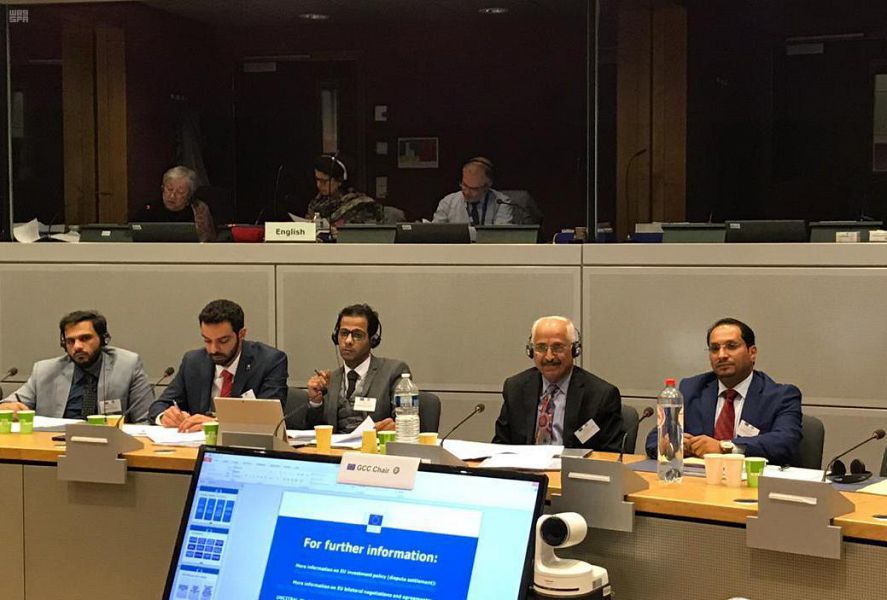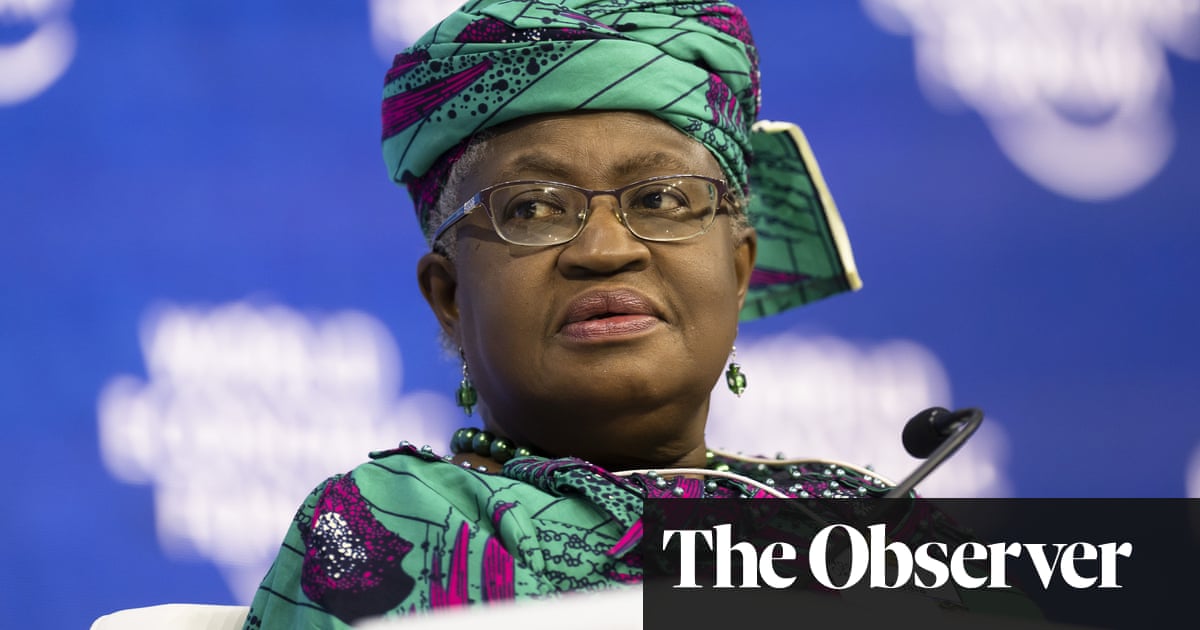
Ever since Donald Trump assumed office, the rule book of the international trade order has been thrown out of the window. His first act in office was to tear up the Trans Pacific Partnership (TPP), a free trade agreement the Obama administration had painfully negotiated, which included 11 Pacific nations, the US, Canada, Mexico and Japan among others. It excluded China, which was significant.
While Donald Trump’s criticism of the WTO is in part understandable, the question remains of how many shocks the global trading system can withstand.
Trump prefers bilateral relationships to multilateral rounds of negotiations. He had a success of sorts when he renegotiated the North American Free Trade Agreement (NAFTA) and achieved concessions from Mexico over local content and workers’ pay and greater access of US agricultural produce to Canada. The outcome was the USMCA (US Mexico Canada Agreement). Again, while the world had changed in the 25 years since NAFTA came into force and there was validity in tweaking the agreement, the question is whether the angst surrounding the renegotiations was entirely necessary. These were tense months for car manufacturers on the North American continent and their suppliers.
Last week saw another round of US-China trade negotiations, which were headed by China’s Vice Premier Liu He and Robert Lighthizer, head of US TR.
Trump again has a point when he refers to structural issues in the Chinese economy such as subsidies for state-owned enterprises, market access for foreign investors and the protection of intellectual property. Alas, the way the negotiations were carried out sent shockwaves through the international investors’ community. The US Department of Justice’s indictment of Huawei on charges of fraud and theft of trade secrets on Monday last week, cast long shadows over the negotiations, which took place on the Wednesday and Friday of the same week.
The negotiators seemed to have made good progress on market access of for companies investing in China. The Middle Kingdom also offered to purchase more goods from the US to shrink the trade deficit. China seems unwilling, though, to change the state-run structure of its economy and intellectual property or rather forced technology transfer remains an issue.
Trump needs positive news after the US government shutdown and Xi needs to avert any further decline of the already slowing growth rates in his economy.
Cornelia Meyer
After this round of negotiations had concluded, Trump announced that it would take a meeting between him and his “good friend” President Xi Jinping to finalize any deal.
We can remain optimistic, because both Tump and Xi need a win. Trump needs positive news after the US government shutdown and Xi needs to avert any further decline of the already slowing growth rates in his economy. Still, residual risk remains. If the two leaders cannot agree by the self-imposed deadline of March 1, tariffs on Chinese Imports to the US worth $200 million will ratchet up from 10 to 25 percent.
On the other side of the Atlantic, the picture is far from rosy either. Brexit puts a spanner into trade of industrial and agricultural goods. The highly integrated supply chains in the manufacturing space risk coming asunder. There are less than two months to go until the UK leaves the US and the danger that the UK might crash out of the EU without a deal remains. Over the weekend, Nissan announced that it would no longer produce the new model of the X-Trail SUV in its Sunderland plant, but rather in Japan. The company cited among other things uncertainty over Brexit. While this will not result in job losses at present, the jobs of the future will depend on new product lines. Honda, BMW and Toyota also opted to build new models outside of the UK. In January, Airbus issued a stark warning that Brexit put investing and manufacturing in the UK at risk. It is not just UK companies that are affected. French, German, Dutch and Irish exports to the UK are at risk too.
The common thread is that the uncertainty over trade will force companies to rethink where they invest and how they organize their supply chains. Jeffery Immelt, the former CEO of GE, was clear that manufacturers had to rethink how they organized their supply chains. Overlay industrialization 4.0 (artificial intelligence and robotics) and you have major disruption. This uncertainty will be reflected in how people invest. The valuation of companies such as Apple, which relies heavily on the Chinese manufacturing base to provide parts and assemble their iconic iPhones, will depend on their flexibility to adjust to the new world order.
Dislocations are bound to take place, as the world moves on to a less certain global trade system and as technology mixes things up. Wherever there is change there are winners and losers. Investors will have to keep their eyes open on how these developments will affect share prices and other equity and debt plays. This also holds true for the sovereign wealth funds of the Middle East who have invested trillions in the blue chip companies of the West.
Cornelia Meyer is a business consultant, macro-economist and energy expert. Twitter: @MeyerResources
Disclaimer: Views expressed by writers in this section are their own and do not necessarily reflect Arab News" point-of-view









